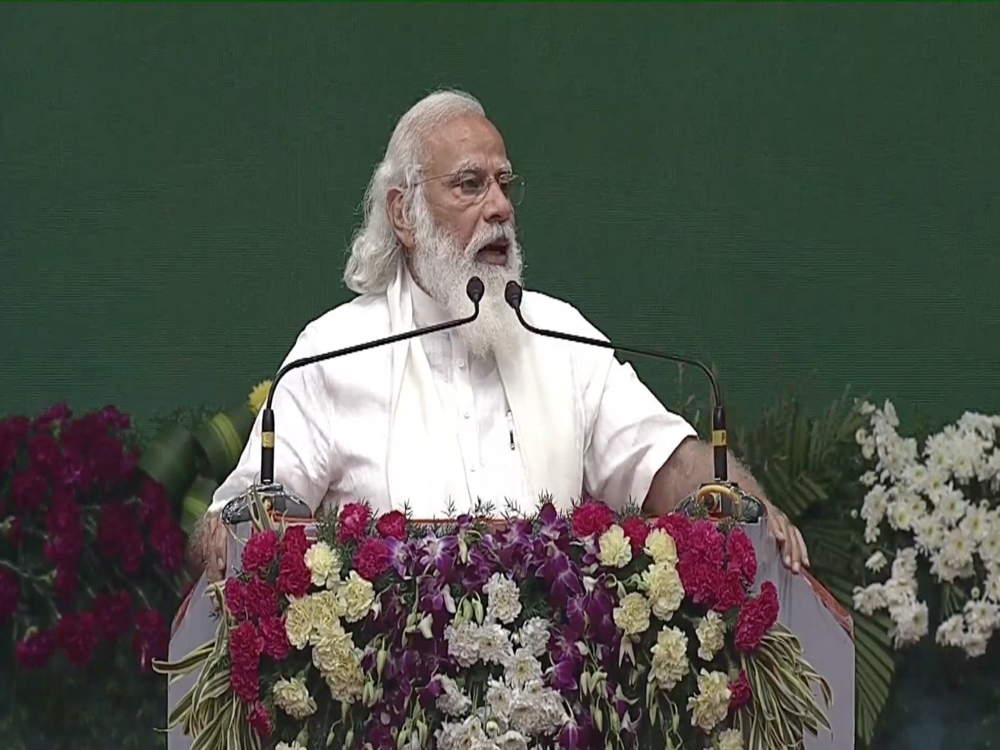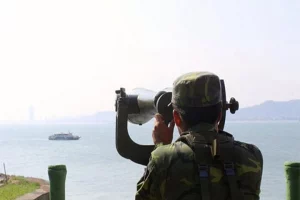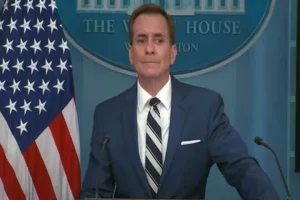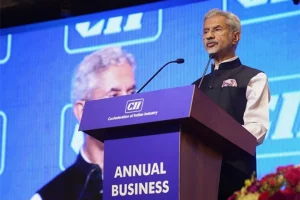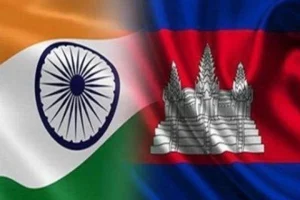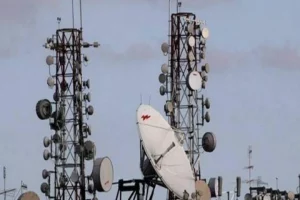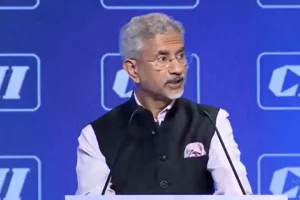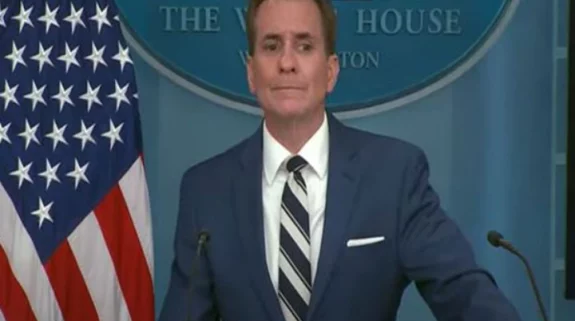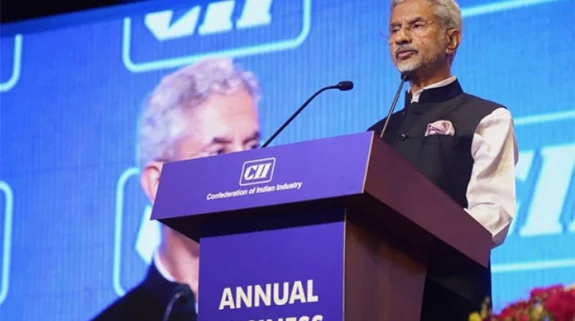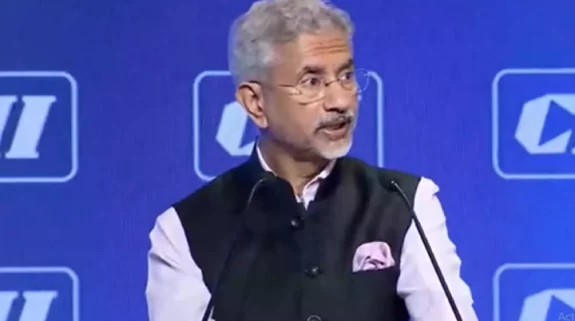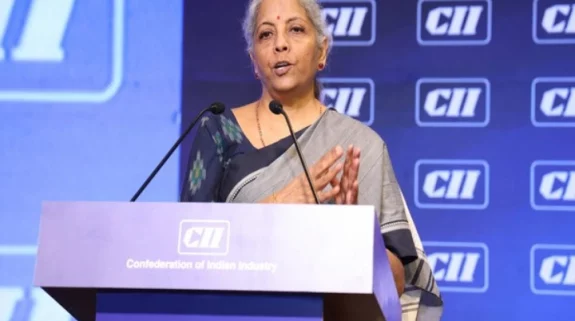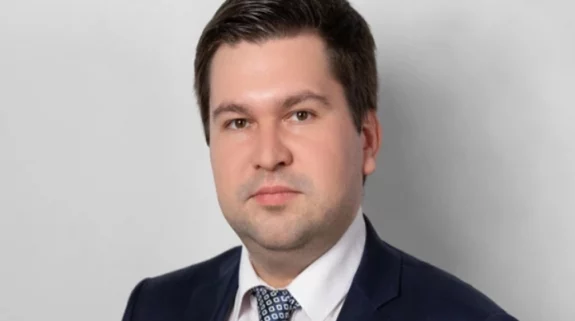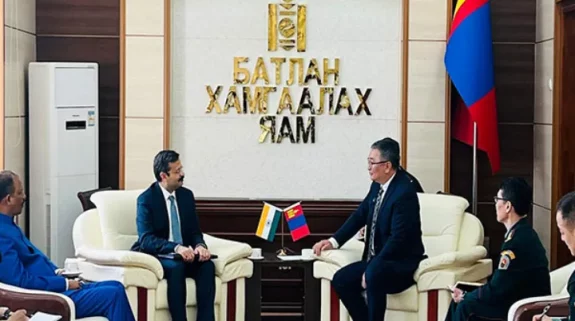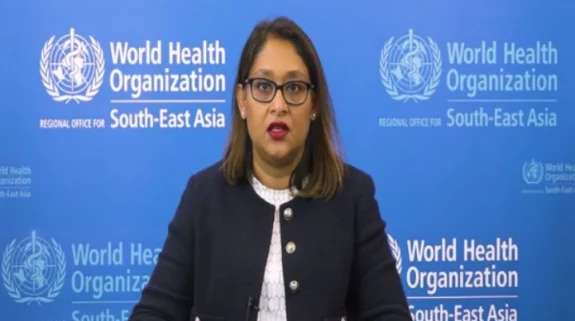Prime Minister Narendra Modi on Friday delivered a resounding call for reinterpreting the history of freedom struggle, which was advanced by popular struggles and leaders, whose salient contributions have been underplayed by historians of the past.
In his important address to launch a long campaign commemorating 75 years of India’s independence timed with the 91st anniversary of Dandi march, the Prime Minister broke free from the narratives of India’s freedom struggles marshalled by the colonial and Left-liberal historians. While he lionised Mahatma Gandhi’s primary and fundamental role in shaping the freedom movement, he also singled out Subhash Chandra Bose and Bal Gangadhar Tilak for their signal contributions for India’s de-colonisation.
Rather than crediting “westernisation” as a major contributor to the ideology of freedom struggle, PM Modi stressed the vital role of the home-grown Bhakti movement, incubated over centuries, as the real ignition that fired India’s march to freedom.
“The country has been making vigorous efforts for the last six years to save this glory of history… Whether it is a memorial in Jallianwala Bagh or a memorial in memory of the Paika movement, work has been done on all. The places associated with Baba Saheb (Ambedkar), which had been forgotten for decades, have also been developed by the country in the form of Panchtirtha,” PM Modi said.
The Prime Minister also said that list of people and places that powered the freedom movement is now being broadened. “In Andaman where Netaji Subhash hoisted the tricolour by forming the country's first independent government, the country has also given a grand shape to that forgotten history. The islands of Andaman and Nicobar are named after the freedom struggle.”
PM Modi was emphatic about recording the sacrifice of those who powered the freedom movement from below. “In Jharkhand, when Lord Birsa Munda challenged the British, the Murmu brothers led the Santhal movement. In Odisha, Chakra Bisoi waged a fight, then Laxman Nayak spread consciousness through Gandhian methods”.
Similarly, Mandyam Viruddu, in Andhra Pradesh, Lasit Barphukan in Assam and Pasaltha Kungchera in Mizoram were among the tens of thousands of heroes of the freedom movement whose role needs to be fully acknowledged and recorde3d.
The Prime Minister also cited the laudable contribution of Velu Nachiyar of Tamil Nadu, who was the first Maharani who fought against the British rule.
Modi asserted that rather than foreign ideologies, the Bhakti movement was crucial in shaping minds which took up the mantle to fight for freedom. “The work of continuously awakening this flame of freedom movement, East-West-North-South, in every direction, in every region, was done by our saints-mahants, Acharyas. In a way, the Bhakti movement had prepared the bench for the nationwide freedom movement.”
PM Modi’s observation on Bhakti movement echoes his more detailed observation on its role in adding unique spiritual and moral content India’s freedom movement. The movement originated in South India in the 8 th century. It then spread northwards and eastwards, reaching its peak between the 15th and 17th century. "Bhakti movement was the door that filled the struggling India with collective consciousness and confidence for centuries. (it) strengthened the spiritual and cultural unity of India," the Prime Minister had earlier said in his address to Vishwa Bharati in Satiniketan, near Kolkata.
“When we talk of freedom struggle, the idea of 19-20th century comes directly in our mind. But it is also a fact that the foundation of these movements was laid long ago. India's independence movement got energy from many movements that were going on since centuries," the Prime Minister had said.






